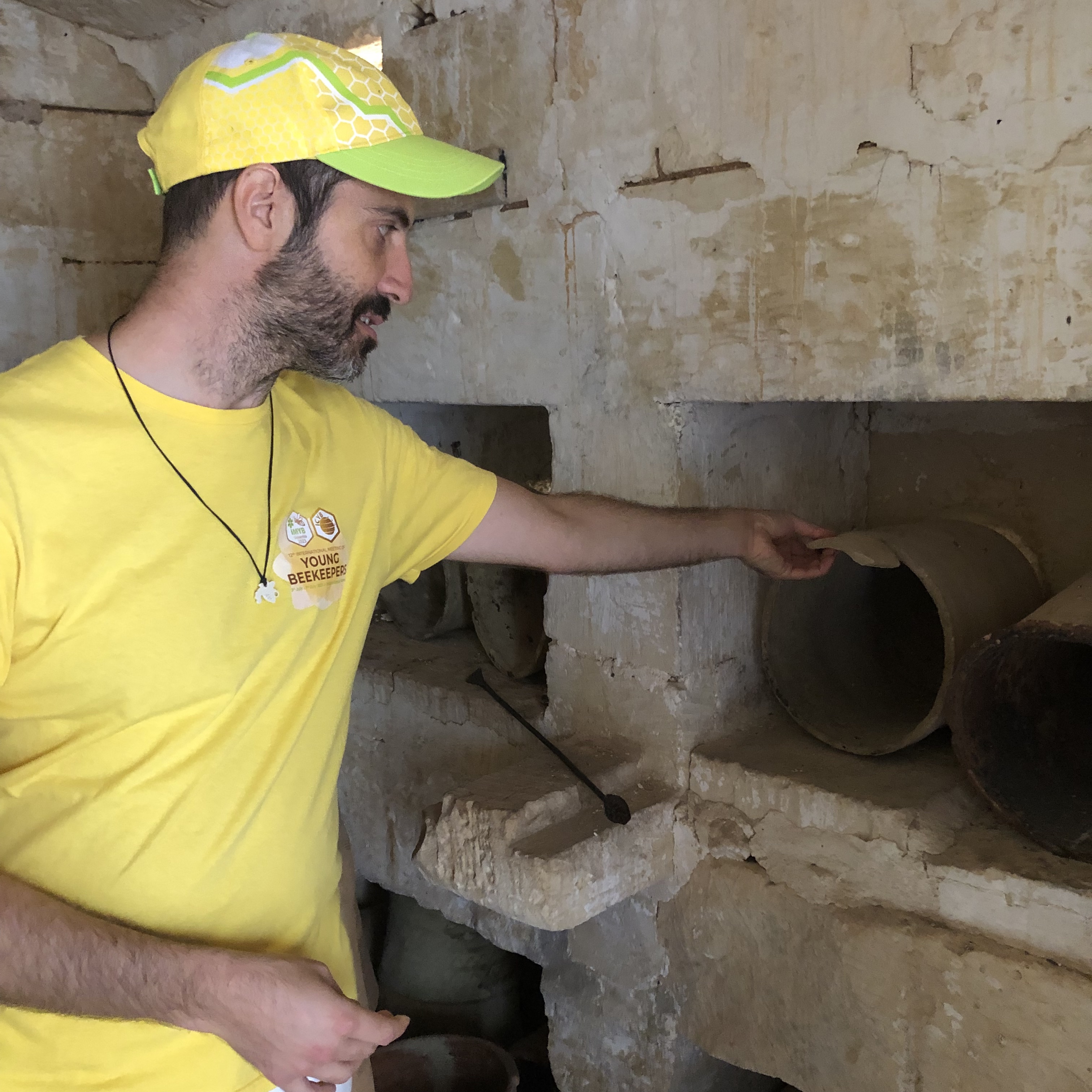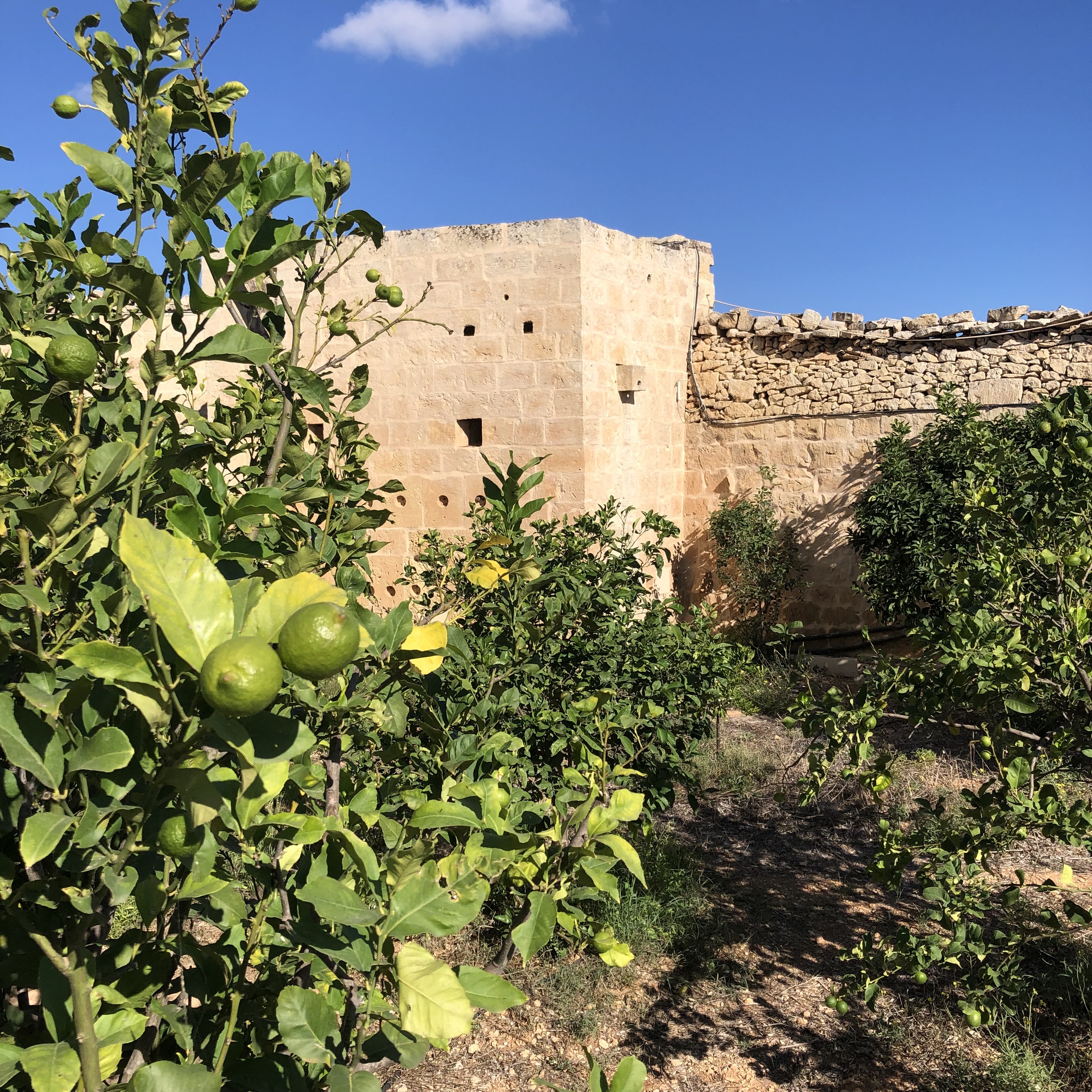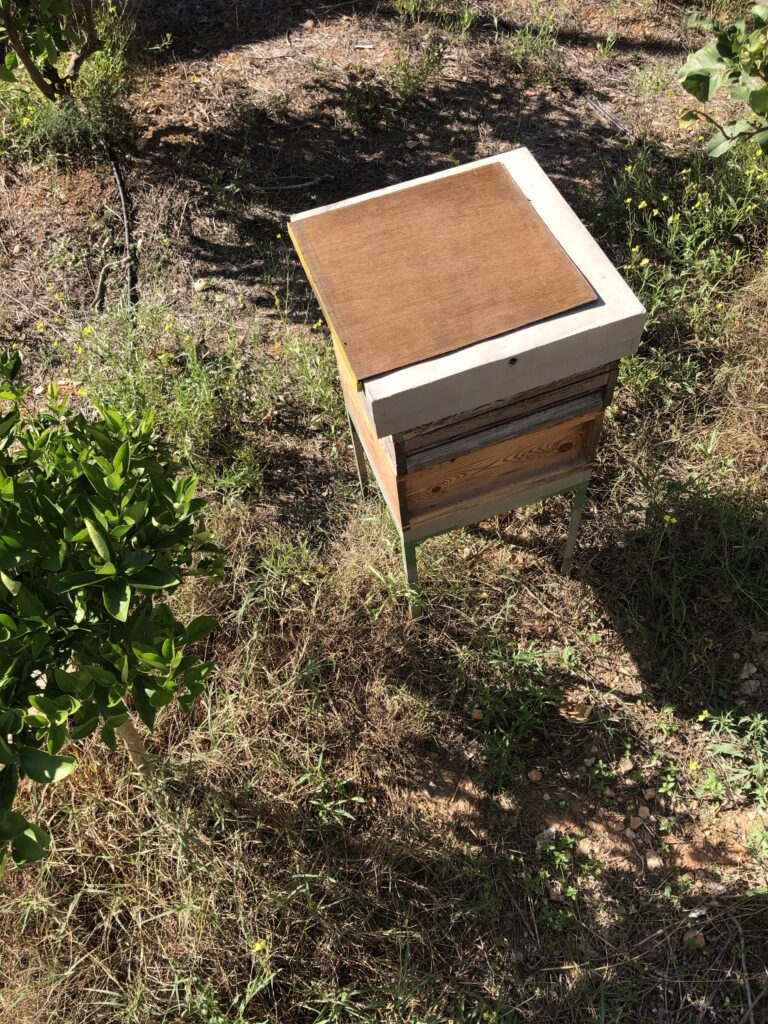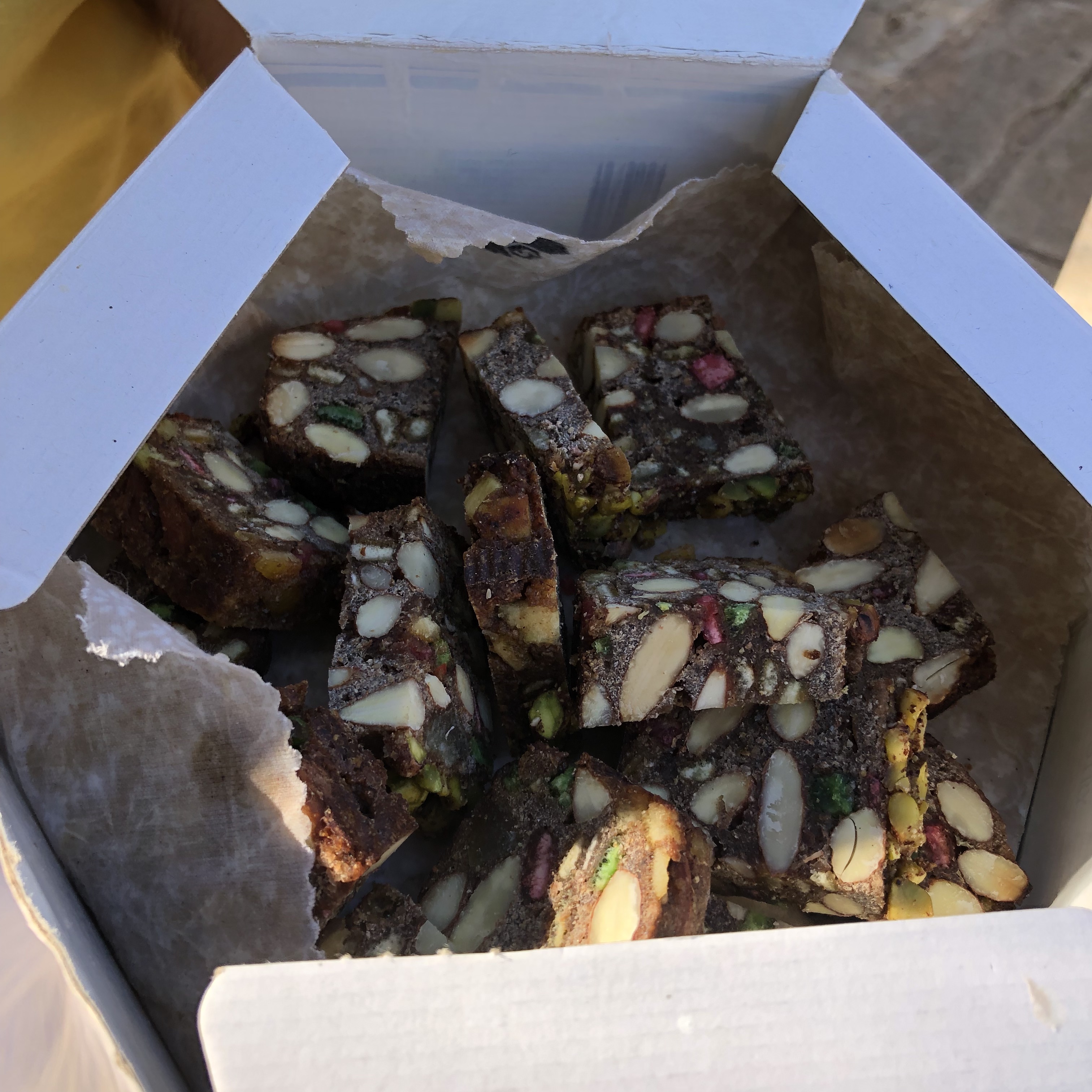Apiculture has long been associated with the island country of Malta. In October of 2024 I was invited to Malta as a guest speaker at a tourism development workshop entitled Gastronomy Tourism: How to Create a Thriving Business. My exploration of the country through the lens of food was at the request of Terroir Hospitality https://www.terroirtalk.org and the Malta Tourism Authority https://www.visitmalta.com/en/ . Several days of touring agricultural sites preceded the day-long workshop. And of course, the highlight of the four-day expedition was a visit to Sir Alexander Ball’s Garden and Apiary (circa 1800).

Upon arrival we were welcomed by urban beekeeper Jorge Spiteri, of the Malta Beekeepers Assoc. and the European Beekeepers Assoc. Jorge is also the national representative of the Maltese Young Beekeepers for the International Centre for Young Beekeepers.
We toured the traditional Maltese apiary featuring a honey-house of earthenware jars as the main holding point for a nuc, wax and honey. In the past, bees totaling up to 40,000 per jar would have entered the vase-like receptacles from small entry points bored in the outside brick walls.

Outside, the lush surrounding gardens and orchards are the fruits of the labour of trillions of bees and their combined legacy of pollination over hundreds of years. Now it is their sister Queens and numerous generations of colonies that continue their work from their modern-day Langstroth designed hives. The array of oranges and lemons growing within the apiary pay tribute to the bees’ good work. The orchard also serves as a reminder of the lengths the explorers would have travelled on their journey between China and Malta to introduce the citrus fruit to this remarkable island country.

On September 24, 2024, Malta officially declared the Maltese honeybee as its national insect. Such declaration has two key benefits: legal protection and public awareness. The Maltese honeybee, Apis Melifera ruttneri, is a subspecies of the western honeybee, endemic to the Maltese islands. It has evolved in isolation, uncultivated and later domesticated within earthenware vases and wooden hive boxes like the ones we were introduced to during our tour. The Maltese honeybee is well adapted to local hot and dry summers, but a changing climate and invasive pests like the hornet may threaten its survival.

On departure, Jorge extended yet another expression of true Maltese warmth and hospitality by offering us a taste of his own home-made Papapato, a traditional honey bread, laden with the liquid gold and a variety of local nuts.

I left wanting more, and more of Malta.
